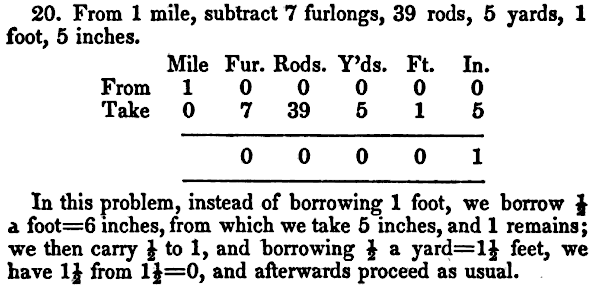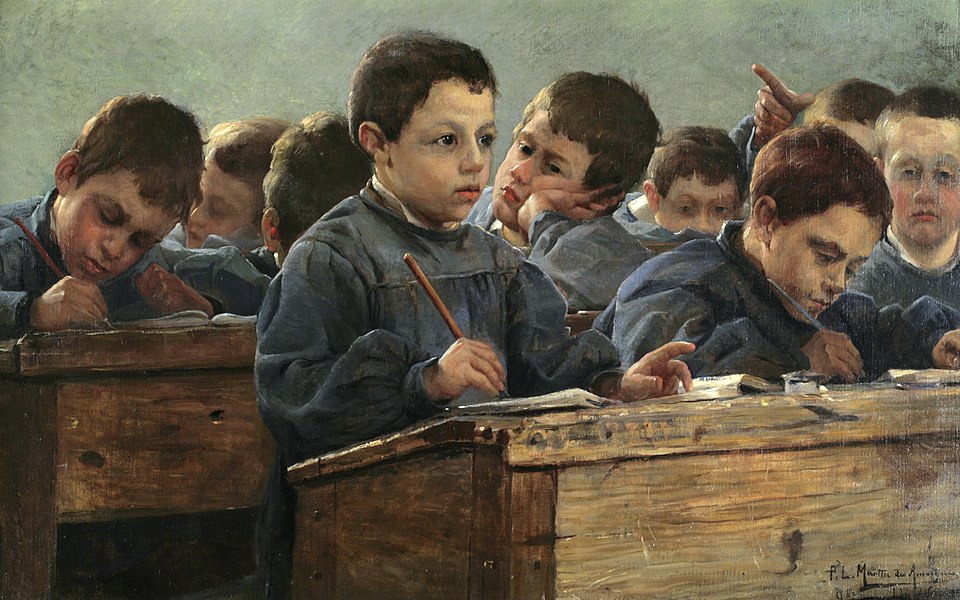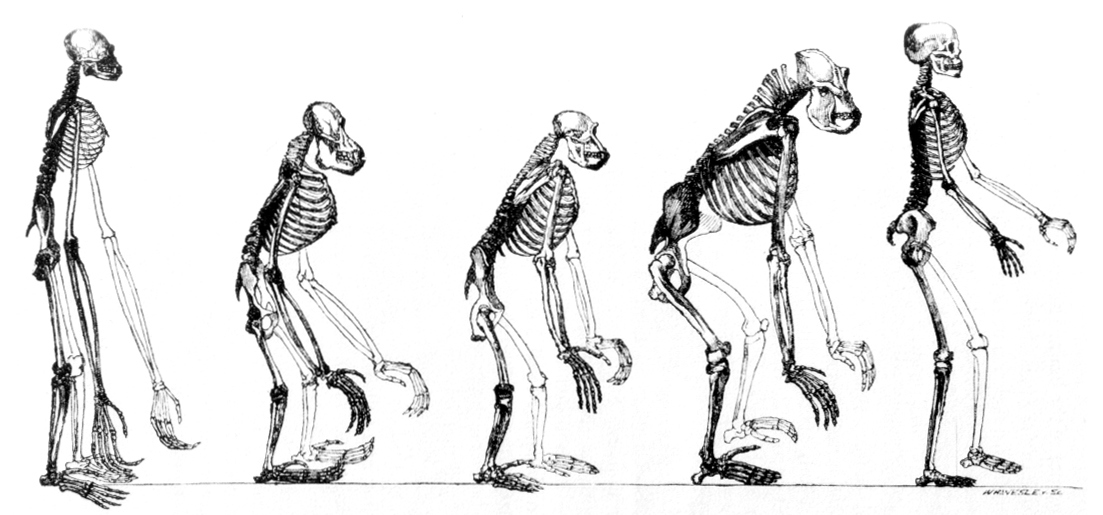[O]ur self-feeling in this world depends entirely on what we back ourselves to be and do. It is determined by the ratio of our actualities to our supposed potentialities; a fraction of which our pretensions are the denominator and the numerator our success: thus,
Such a fraction may be increased as well by diminishing the denominator as by increasing the numerator. To give up pretensions is as blessed a relief as to get them gratified; and where disappointment is incessant and the struggle unending, this is what men will always do.
— William James, The Principles of Psychology, 1890




